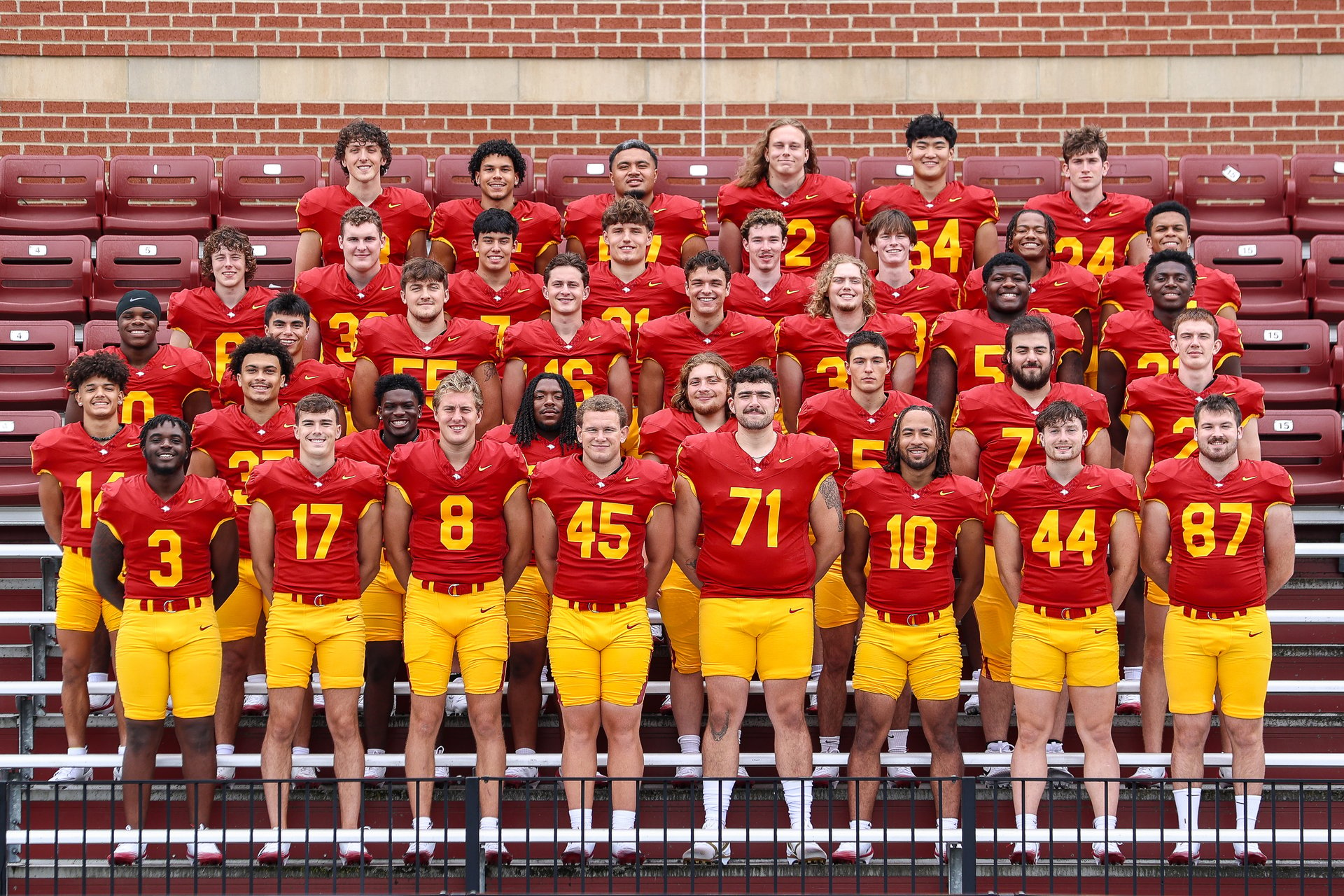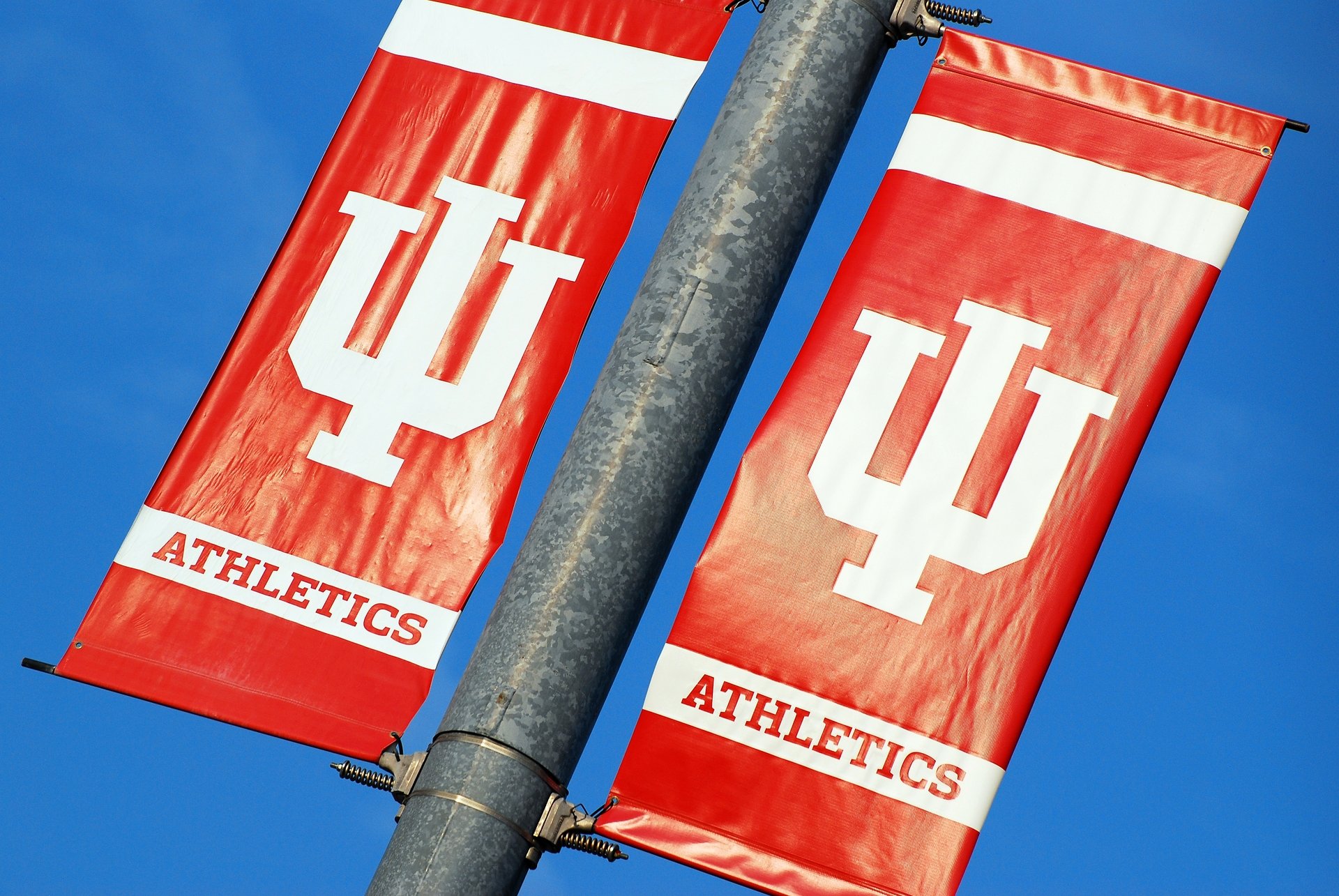Good morning, and thanks for spending part of your day with Extra Points.
About two weeks ago, it looked like the SCORE Act, the most recent attempt at a federal college sports bill, was about to do something no other NIL-related bill had ever done: It had gotten out of committee, attracted bipartisan co-sponsorship and looked likely to actually pass the U.S. House.
Was it going to become law? Probably not, as the bill would’ve needed multiple Democratic senators to push it beyond a filibuster, but a few sources close to Senate offices (both R and D) had told me that if SCORE could get out of the House, they felt it had at least a puncher’s chance in the Senate. Horse trading can make lawmakers do all sorts of things, after all.
But now, things are different. A few Republicans have announced they’re distancing themselves from SCORE, and multiple outlets have reported that the bill is now not getting a vote. It appears that it no longer has the legislative support to pass.
Is NIL and/or college sports reform now dead in Congress? I certainly don’t think so. But after reading and asking around, here’s why I believe SCORE is currently on the outs …and what that means for future legislative efforts.
So why is SCORE not getting a full House vote anymore? Why did it fail?
I think the best commentary/reporting I’ve seen on this so far comes from my pal Jesse Dougherty. From his Substack:
Icarus? You know, the guy in Greek mythology who flew too close to the sun? In this case, Icarus is not one person. But there’s a good argument, especially now, that those who devised the SCORE Act overplayed their hand. Time will tell, of course, since the outlook could shift with some amendments, should the same group of reps keep working off the initial version. With that version, though, they reached for so much — blanket antitrust protection with no sunset clause; a pre-emption of state name, image and likeness (NIL) laws; a ban on athletes ever becoming employees; an essential enshrinement of the House settlement — that it became easy for the opponents to build a coalition. One lobbyist, working against the SCORE Act, told me: “It was like shooting fish in a barrel in recent weeks. Calling a flippable Republican? They are taking away states’ rights! Calling a moderate Democrat in a labor-friendly state? Have you read the employment section?! There was really something for everyone.”
The SCORE Act was built because the NCAA and Power Four leaders were pushing for a specific legislative fix to a specific problem … without some level of antitrust protection and state law preemption, there’s functionally no way for the NCAA (or the College Sports Commission) to meaningfully enforce any regulations surrounding athlete compensation. As soon as anybody tries to enforce any sort of penalty, schools, athletes, agents or collectives will simply shop until they find a friendly statehouse or state court to make the punishment moot.
SCORE was not built to really consider anything about competitive parity or equity. It isn’t really about Olympic sports funding or sustainability. It is silent about realignment, media rights contracts, the SBA, gambling and any number of other potential college sports issues that might interest lawmakers.
Want to read the rest of the newsletter? Subscribe today!
Premium Subscriptions make Extra Points possible. Upgrade today to get access to everything we write:
Upgrade to Premium for just nine bucks a month:

















